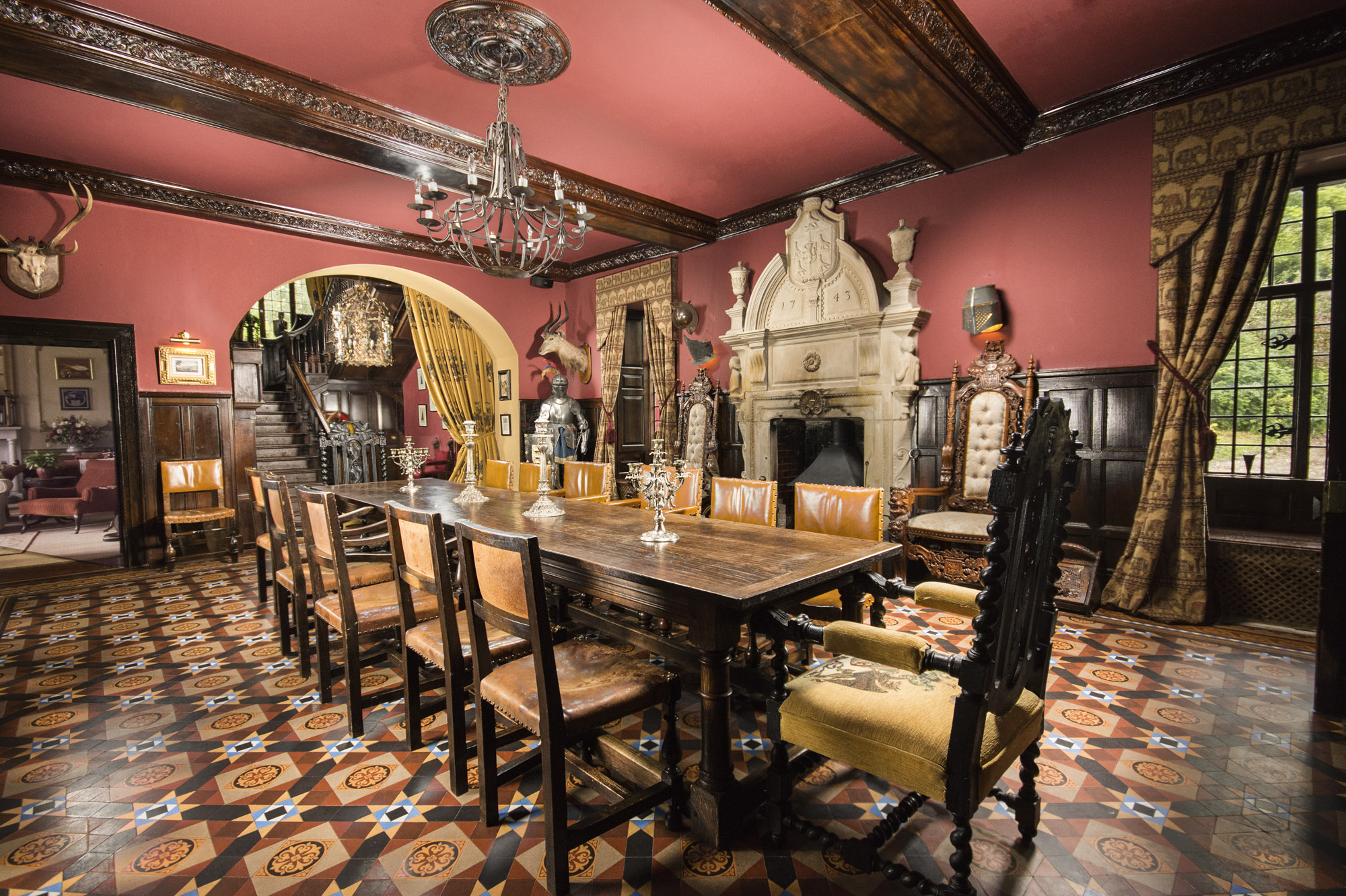Inside The Hall: Unveiling The Secrets And Stories Behind The Scenes
Ever wondered what goes on behind closed doors in some of the world's most iconic halls? Inside the hall, there’s a universe of untold stories waiting to be discovered. From political gatherings to grand performances, these spaces have witnessed history unfold in ways we can only imagine. But what exactly happens inside these halls? Let’s dive deep and uncover the mysteries that lie within.
Think about it for a moment. When you walk into a grand hall, what do you see? Beautiful architecture, stunning decor, and maybe even a few VIPs or celebrities. But there’s so much more than meets the eye. Every corner of these halls holds secrets, every wall has stories to tell, and every moment inside is crafted with precision. It’s not just about the aesthetics; it’s about the experiences that unfold within these walls.
So, why does understanding what happens inside the hall matter? Because these spaces are more than just venues. They’re the heart of culture, politics, and entertainment. Whether it’s a concert hall, a conference center, or a historic building, each one plays a vital role in shaping our world. In this article, we’ll explore everything you need to know about the inner workings of these magnificent spaces.
Read also:Plan B Costco Your Ultimate Guide To Emergency Essentials
Table of Contents
- What Are Halls?
- A Brief History of Halls
- Types of Halls
- Architecture and Design
- Events Inside Halls
- Behind the Scenes: What Happens Inside?
- Technology in Halls
- Management and Operations
- Famous Halls Around the World
- The Future of Halls
What Are Halls?
Halls are more than just large rooms. They’re spaces designed to accommodate a variety of events, from concerts and conferences to weddings and exhibitions. But what exactly defines a hall? Simply put, a hall is a multi-purpose venue that provides the perfect setting for gatherings of all kinds. These spaces are built with functionality in mind, offering flexibility and adaptability to suit different needs.
When you step inside a hall, you’re entering a world where creativity meets organization. From the moment you walk through the doors, you’re greeted by a carefully curated atmosphere designed to enhance the experience. Whether it’s a concert hall with state-of-the-art acoustics or a conference center equipped with cutting-edge technology, every detail is thought out to perfection.
Why Are Halls Important?
Halls serve as the backbone of many industries. Think about the entertainment industry—concert halls bring artists and fans together, creating unforgettable experiences. In the business world, conference halls facilitate networking and collaboration, driving innovation and growth. Even in education, lecture halls play a crucial role in shaping the minds of future leaders.
So, whether you’re attending a concert, a trade show, or a corporate event, halls provide the foundation for success. They’re not just spaces; they’re experiences waiting to happen.
A Brief History of Halls
The concept of halls dates back thousands of years. Ancient civilizations like the Greeks and Romans built grand structures to host public gatherings, political debates, and cultural events. These early halls were often adorned with intricate designs and served as symbols of power and prosperity.
Fast forward to the modern era, and halls have evolved significantly. Today, they’re equipped with advanced technology and designed to cater to the needs of a global audience. From the Royal Albert Hall in London to the Sydney Opera House, these venues have become icons of their respective cities.
Read also:White Bison Coffee The Ultimate Brew Experience You Cant Miss Out On
How Halls Have Evolved Over Time
- From simple meeting spaces to grand architectural marvels.
- Incorporation of technology to enhance the experience.
- Shift towards sustainability and eco-friendly practices.
The evolution of halls reflects the changing needs of society. As technology advances and global challenges arise, these spaces continue to adapt, ensuring they remain relevant and impactful.
Types of Halls
Not all halls are created equal. Depending on their purpose and design, halls can be categorized into several types. Here’s a breakdown of the most common ones:
Concert Halls
These venues are specifically designed for live music performances. They feature excellent acoustics and are equipped with state-of-the-art sound systems to deliver an immersive experience.
Conference Centers
Conference centers cater to business and professional events. They offer a range of facilities, including meeting rooms, exhibition spaces, and high-speed internet connectivity.
Lecture Halls
Found in educational institutions, lecture halls are designed to accommodate large groups of students. They often feature tiered seating and advanced audio-visual equipment.
Architecture and Design
The architecture and design of halls play a critical role in determining their functionality and appeal. From the layout to the materials used, every aspect is carefully considered to create the ideal environment for various events.
For instance, concert halls prioritize acoustics, ensuring that sound travels seamlessly throughout the space. On the other hand, conference centers focus on flexibility, allowing for easy setup and teardown of different configurations.
Trends in Hall Design
- Integration of green spaces and natural elements.
- Use of sustainable materials and energy-efficient systems.
- Emphasis on accessibility and inclusivity.
Modern hall design is all about creating spaces that are not only functional but also environmentally friendly and welcoming to all.
Events Inside Halls
The types of events held inside halls are as diverse as the halls themselves. From weddings and galas to trade shows and concerts, these venues host a wide range of activities that cater to different interests and industries.
One of the key factors that make halls successful is their ability to adapt to different event formats. Whether it’s a sit-down dinner or a standing concert, halls can be transformed to meet the specific requirements of each event.
Planning an Event in a Hall
Planning an event in a hall requires careful consideration of several factors:
- Space availability and capacity.
- Technical requirements, such as lighting and sound systems.
- Logistics, including catering and seating arrangements.
With the right planning and execution, halls can provide the perfect backdrop for any occasion.
Behind the Scenes: What Happens Inside?
While the public sees the final product, there’s a lot that goes on behind the scenes to make events in halls successful. From setup to teardown, every step is meticulously planned and executed by a team of professionals.
Behind the scenes, you’ll find stagehands, technicians, and event coordinators working tirelessly to ensure everything runs smoothly. They handle everything from setting up equipment to managing schedules and addressing any issues that arise.
A Day in the Life of a Hall
A typical day in a hall involves a flurry of activity. In the morning, the setup team arrives to prepare the space for the day’s events. As the event progresses, staff members ensure everything is running according to plan. After the event concludes, the teardown team takes over to restore the hall to its original state.
This behind-the-scenes work is what makes halls such reliable venues for events of all kinds.
Technology in Halls
Technology has revolutionized the way halls operate. From digital ticketing systems to virtual reality experiences, modern halls leverage technology to enhance the guest experience and streamline operations.
For example, many halls now offer mobile apps that allow attendees to access event schedules, maps, and other useful information. Additionally, advancements in lighting and sound technology have made it possible to create more immersive and engaging experiences.
The Role of AI in Halls
Artificial intelligence is increasingly being used in halls to improve efficiency and personalization. AI-powered chatbots assist with customer service, while data analytics help optimize event planning and management.
As technology continues to evolve, halls will undoubtedly find new and innovative ways to incorporate it into their operations.
Management and Operations
Managing a hall is no small feat. It requires a team of skilled professionals to oversee everything from bookings and reservations to maintenance and security. Effective management ensures that halls run smoothly and provide a positive experience for all stakeholders.
One of the biggest challenges in hall management is balancing the needs of different events and clients. This requires flexibility, communication, and a strong attention to detail.
Key Responsibilities of Hall Managers
- Coordinating with event organizers to ensure their needs are met.
- Supervising staff and ensuring they perform their duties effectively.
- Managing finances and budgets to maintain profitability.
With the right management strategies in place, halls can thrive and continue to serve as vital community resources.
Famous Halls Around the World
There are countless halls around the world that have gained fame for their beauty, history, and significance. Here are a few notable examples:
The Royal Albert Hall
Located in London, the Royal Albert Hall is one of the most iconic concert halls in the world. It hosts a wide range of events, from classical music performances to rock concerts and sporting events.
Sydney Opera House
Known for its unique architecture, the Sydney Opera House is a world-renowned venue for performing arts. It attracts millions of visitors each year and plays a vital role in Australia’s cultural scene.
Madison Square Garden
Often referred to as "The Garden," Madison Square Garden in New York City is a legendary venue for sports and entertainment. It has hosted countless memorable moments in both arenas.
The Future of Halls
As we look to the future, halls will continue to evolve to meet the changing needs of society. Sustainability, technology, and accessibility will be key drivers of this evolution. Halls will become even more interconnected, offering seamless experiences for attendees and organizers alike.
Additionally, the rise of hybrid events will transform the way halls are used. By combining in-person and virtual experiences, halls can reach a global audience while maintaining the intimacy of live events.
What’s Next for Halls?
The future of halls is bright. With advancements in technology and a growing focus on sustainability, these venues will continue to play a vital role in shaping our world. Whether it’s through innovative designs or new ways of engaging with audiences, halls will remain at the forefront of the events industry.
Kesimpulan
In conclusion, halls are more than just spaces—they’re experiences waiting to happen. From their rich history to their modern-day innovations, halls have played a crucial role in shaping our world. By understanding what happens inside the hall, we can appreciate the complexity and beauty of these venues.
So, the next time you step into a hall, take a moment to appreciate all the hard work and dedication that goes into making it a success. And don’t forget to share your thoughts and experiences in the comments below. Who knows, you might just inspire someone else to explore the world of halls!



